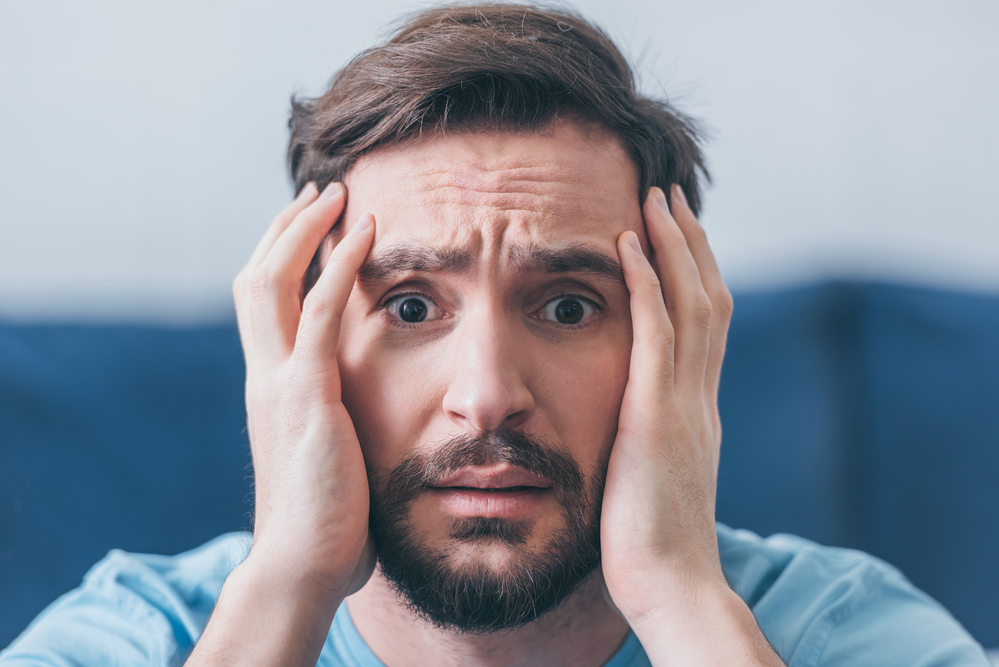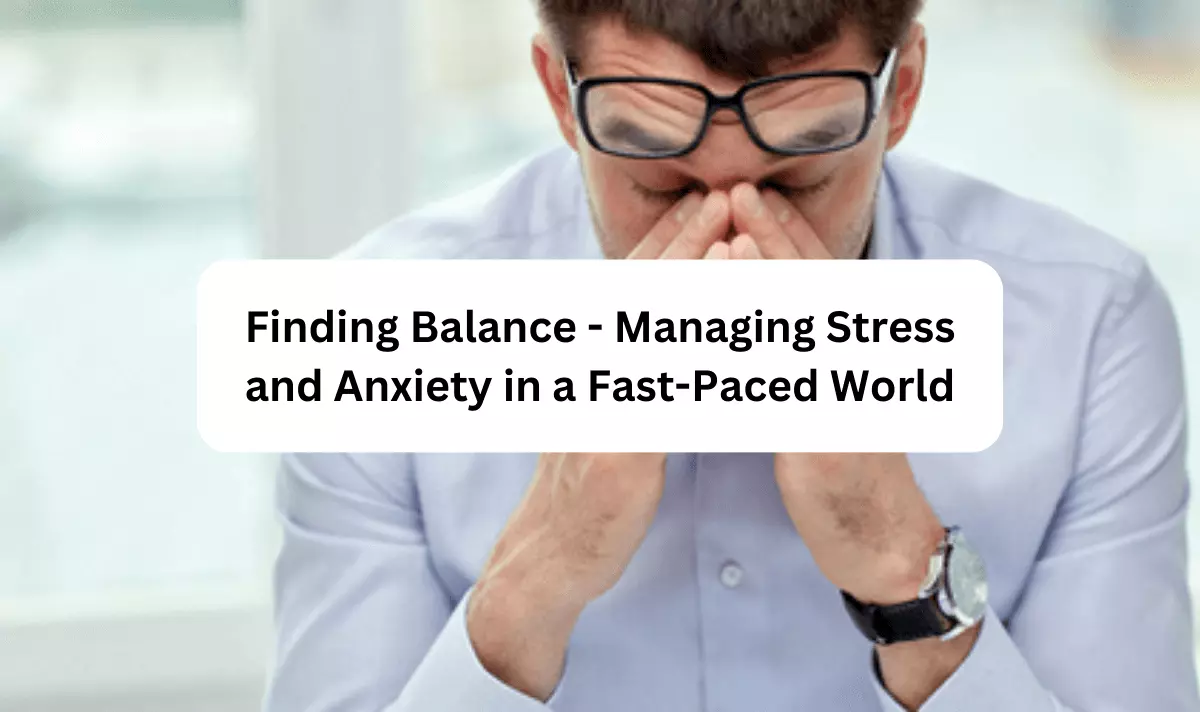
Lifestyle Changes
Making positive lifestyle changes can help manage the symptoms of generalized anxiety disorder (GAD). Try to get regular exercise, even if it’s just going for walks. Physical activity releases endorphins that can help relieve anxiety. Establish a healthy sleep routine and get 7-9 hours of sleep per night. Lack of sleep can exacerbate GAD symptoms. Avoid caffeine, alcohol, and nicotine, as they can trigger anxiety.
Content
Relaxation Techniques
Learning relaxation techniques is very beneficial for coping with GAD. Deep breathing can help calm the nervous system when anxiety strikes. Close your eyes and breathe in slowly through your nose, hold for a few seconds, then exhale slowly through your mouth.
Progressive muscle relaxation involves tensing and relaxing different muscle groups in your body to release tension. Guided imagery uses visualization to help relax the mind and body. your body to release tension. Guided imagery uses visualization to help relax the mind and body. Imagine a calming scene in vivid detail.
Cognitive Behavioral Therapy
Cognitive behavioral therapy (CBT) is an effective treatment for generalized anxiety disorder. CBT helps patients recognize anxious thoughts and replace them with more rational perspectives. A private anxiety therapist near me can guide you through CBT techniques to manage GAD triggers and worries.
Support Groups
Connecting with others experiencing GAD in a support group setting can help reduce feelings of isolation. Sharing coping strategies for generalized anxiety disorder and encouraging one another in recovery can boost mental wellness. Online support communities expand access and anonymity.
FAQs
What lifestyle changes are most effective for managing GAD?
Establishing consistent sleep, diet, and exercise routines tailored to an individual’s needs and abilities are very helpful for coping with generalized anxiety disorder.
How long does CBT for GAD typically take?
Most CBT programs for generalized anxiety disorder are 12-16 weeks. However, treatment length varies depending on the individual and their specific needs. Continued practice of CBT skills is important to prevent relapse.

Alina Smith is a health blog author with an interest in the intersection of wellness and mental health. She’s worked as a writer, editor, and communications specialist for various healthcare organizations. Alina has also led projects to improve access to care for underserved populations in both rural and urban settings.





